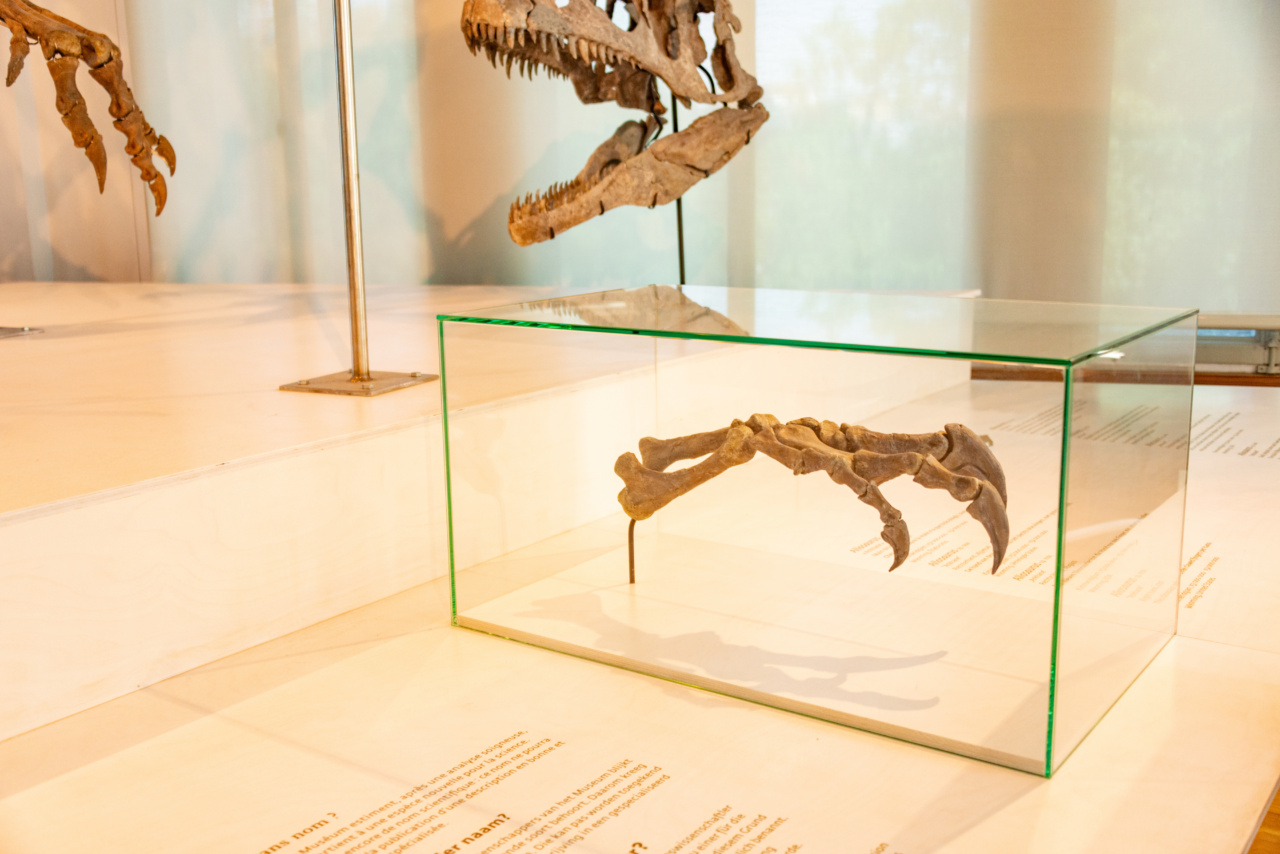When we hear the term “bone density,” we often associate it with factors like osteoporosis, fractures, and overall bone health.
However, recent studies have started to shed light on an unexpected connection – the link between bone density and memory.
Although it may seem puzzling at first, researchers have discovered intriguing connections between bone density and cognitive function, paving the way for further investigations into the complex relationship between our skeletal system and our memory.
Understanding Bone Density
Before delving into the connection between bone density and memory, it’s essential to grasp the basics of bone density. Bone density refers to the amount of mineral content present within our bones, primarily calcium and phosphorus.
It serves as an indicator of bone strength and can be measured through various techniques such as dual-energy X-ray absorptiometry (DXA) scans.
Bone density typically reaches its peak around the age of 30, after which it gradually begins to decline.
This natural decline, commonly associated with aging, can be accelerated by factors like hormonal changes, vitamin deficiencies, sedentary lifestyle, smoking, and certain medical conditions.
The Relationship Between Bone Density and Memory
While bone density and memory might seem unrelated, research has shown potential links between the two.
One study published in the Journal of Alzheimer’s Disease examined the association between bone density and cognitive decline in postmenopausal women. The findings suggested that individuals with lower bone density were more likely to experience cognitive decline, including memory loss, compared to those with higher bone density.
Another study conducted at the University of California, Irvine, explored the effects of low bone density on memory in both men and women. The participants in this study underwent brain scans to analyze their brain structure and performed memory tests.
The results revealed a significant correlation between low bone density and reduced memory function, particularly in women.
Shared Factors Influencing Bone Density and Memory
Several factors potentially contribute to the connection between bone density and memory. One of the primary factors is hormonal changes. Both bone density and memory can be influenced by hormonal fluctuations, such as those occurring during menopause.
Estrogen, in particular, plays a crucial role in both bone health and cognitive function. Lower estrogen levels are associated with decreased bone density and memory impairments.
Moreover, chronic inflammation has been linked to both bone loss and cognitive decline. Inflammation stimulates the production of certain enzymes that break down bone tissue, leading to a decrease in bone density.
Likewise, chronic inflammation can impair the flow of blood and oxygen to the brain, affecting memory and cognitive processes.
Additionally, vitamin D deficiency is another shared factor impacting both bone density and memory. Vitamin D is crucial for the absorption of calcium and phosphorus, promoting bone mineralization.
Emerging research suggests that vitamin D deficiency may also be associated with cognitive decline and an increased risk of developing conditions like dementia and Alzheimer’s disease.
Biological Mechanisms
Understanding the biological mechanisms behind the link between bone density and memory requires examining the role of osteocalcin, a protein produced by bone cells. Osteocalcin not only contributes to bone formation but also influences brain function.
Research has shown that osteocalcin enhances memory and cognitive abilities by promoting the survival of brain cells and increasing the production of neurotransmitters.
Another mechanism involves the impact of bone-derived hormones on memory. Hormones like osteocalcin, adiponectin, and leptin are released by bone cells and can reach the brain through the bloodstream, influencing cognitive function.
These hormones play a role in regulating energy metabolism, insulin sensitivity, and neuron development, ultimately affecting memory formation and retention.
Implications for Future Research
The emerging connection between bone density and memory opens up new avenues for further research.
Understanding the underlying mechanisms could potentially lead to the development of targeted therapies for cognitive decline and memory disorders, such as Alzheimer’s disease.
Future studies may explore interventions aimed at improving bone density to protect cognitive function.
This could involve interventions like exercise programs specifically designed to promote bone health, hormone replacement therapy, and nutritional optimization.
Furthermore, investigating the shared risk factors, such as vitamin deficiencies and chronic inflammation, could provide insights into potential preventive measures.
Ensuring optimal levels of vitamin D and reducing inflammation in the body may not only benefit bone health but also preserve cognitive function and memory.
Conclusion
Although initially surprising, the connection between bone density and memory is gradually being unveiled through scientific research. Beyond their seemingly unrelated nature, bone density and memory share common factors and biological mechanisms.
This newfound understanding offers promising opportunities for further investigations, potentially leading to breakthrough therapies for memory disorders and cognitive decline.






























